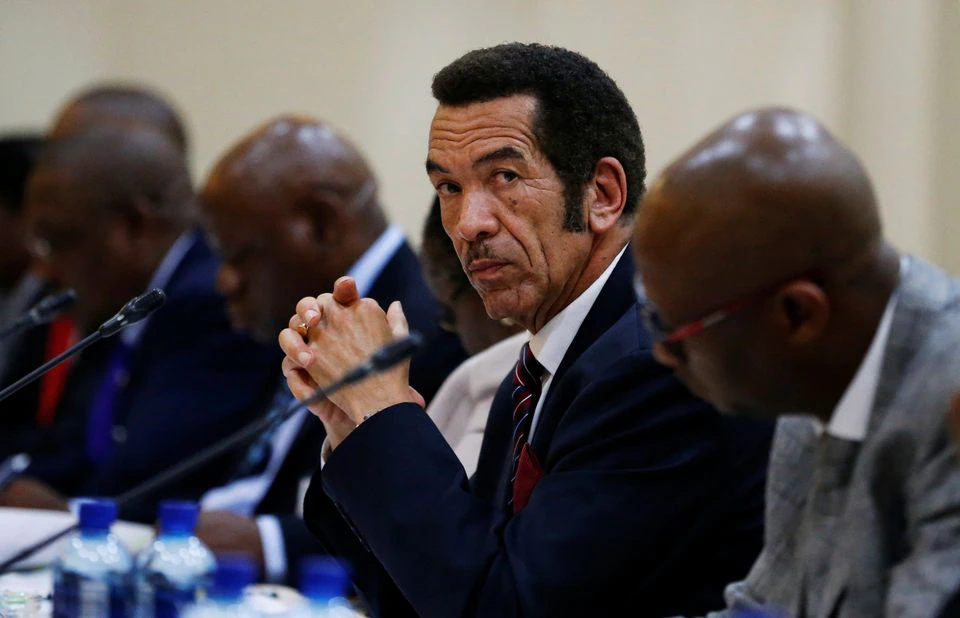HARARE – President Emmerson Mnangagwa extended Zimbabwe’s Covid-19 lockdown by a further two weeks on Monday, citing “unacceptably high” infections and deaths.
The extension will keep schools closed at least until the end of August and a dusk to dawn curfew in place.
Zimbabwe aims to vaccinate about 10 million people or 60 percent of the population to reach herd immunity, but the pace of vaccination has been slow, Mnangagwa noted.
The country has been under a lockdown level 4 of a five-level system since June as the government tried to slow down infections.
In a televised address, Mnangagwa said: “At the end of June, infections recorded per day increased dramatically. The resurgence signalled the beginning of a deadly wave.
“The nation has made good progress in controlling the resurgence. New cases per day have gone down considerably in the last two weeks, a clear indication that the third wave and pandemic in general is being brought under control.
“Unfortunately, the number of new cases and deaths per day remain unacceptably high. It is for this reason that the current lockdown level 4 has to be extended by another two weeks.”
Under the lockdown regime, businesses are to open between 8AM and 3PM, with a curfew is in effect from 6.30PM until 6AM. Inter-city travel is prohibited, gatherings are banned and funerals are limited to 30 people.
Schools were due to open for the second term on June 28, but the lockdown has kept them closed – a nightmare scenario for final year pupils set to sit their exams in November. Data services in Zimbabwe are too expensive and network coverage too unreliable for virtual learning.
On Monday, Zimbabwe reported 526 new infections and 19 virus deaths. At least 1,897,414 of the country’s 15 million people had taken the first dose of the vaccine, while 1,044,365 are fully vaccinated.
“While these are great milestones,” Mnangagwa said on the vaccination figures, “our country however still has a long way to go to reach over 60 percent of the population for herd immunity.
“Several countries, globally and in our region, are beginning to experience the fourth pandemic wave. Quite worrisome to us are trends in countries that are next to us. In almost all of our neighbours, infections have shown an upward trend. We, therefore, need to remain vigilant now and not later, if we are to effectively control the current third wave, and avoid a fourth wave.”
















